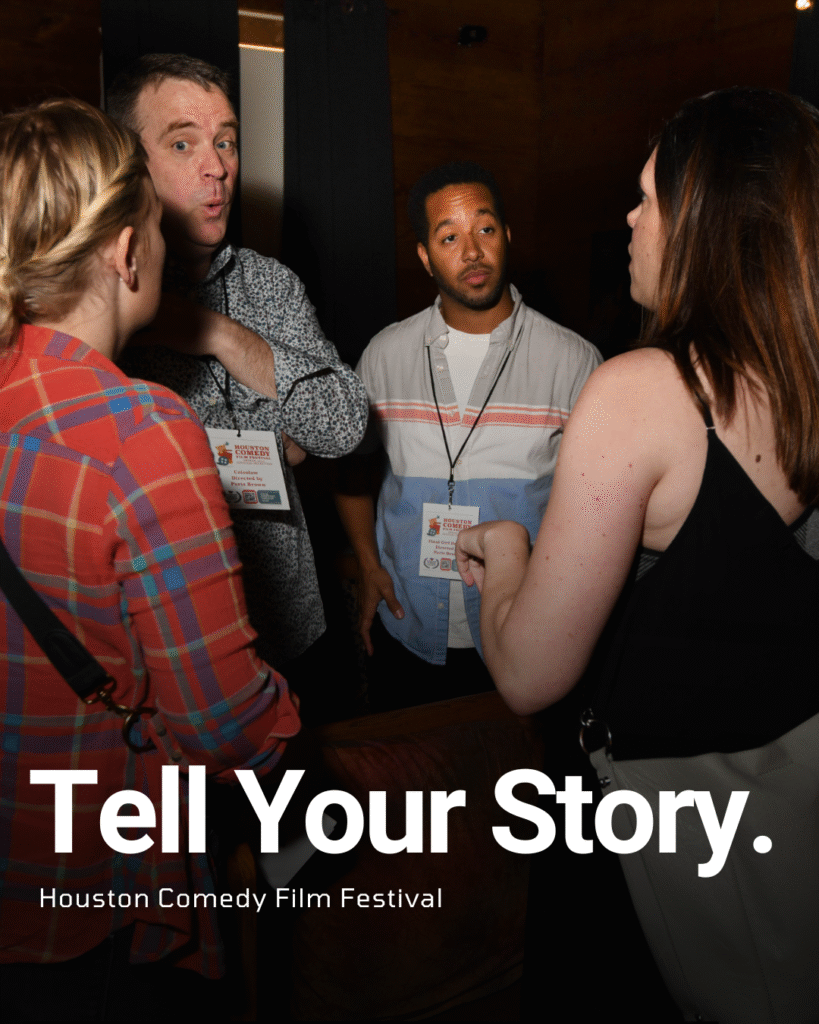Tech
Mark Zuckerberg Says Meta Will Allow More Free Speech
Mark Zuckerberg, CEO of Meta, recently announced significant changes to the company’s content moderation policies, emphasizing a renewed commitment to free expression on its platforms. This announcement was made on January 7, 2025, in response to concerns about excessive censorship and errors in previous moderation practices.
Key Changes Announced
- Ending Fact-Checking Programs: Zuckerberg revealed that Meta will stop working with external fact-checkers. Instead, the company will introduce a community-driven system where users can add notes to posts, similar to the model used by Elon Musk’s X (formerly Twitter). He criticized past moderation efforts for being politically biased and eroding trust among users, particularly in the U.S.
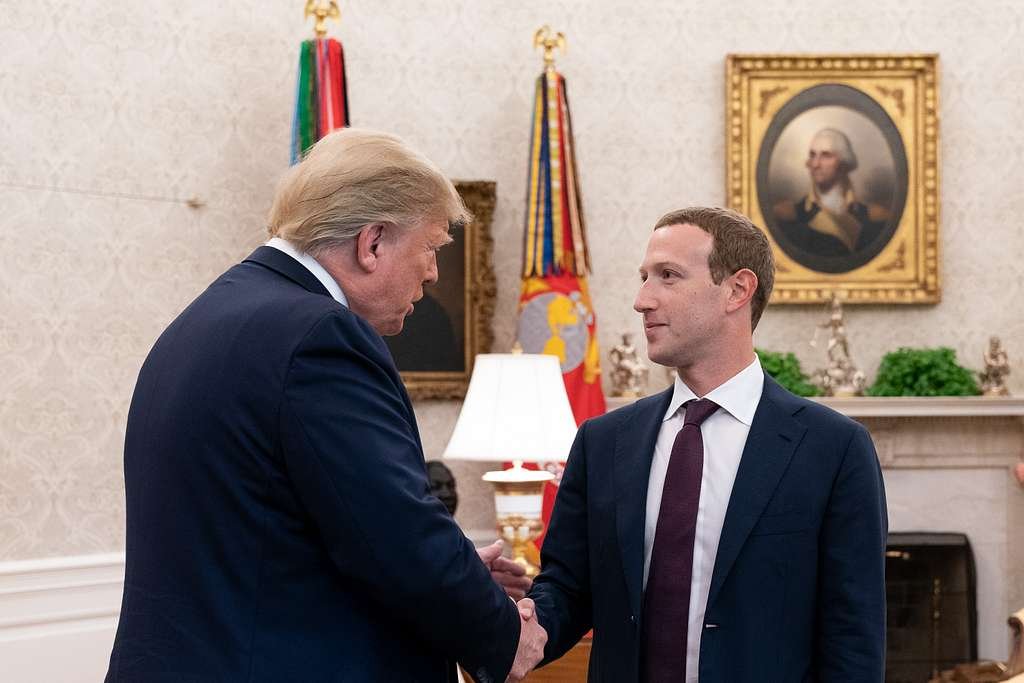
- Simplifying Content Policies: The new approach aims to reduce overly restrictive policies. Zuckerberg stated that topics commonly debated in society, such as immigration and gender identity, should no longer be restricted on platforms like Facebook and Instagram.
- AI Integration: Meta plans to implement AI large language models to assist in content moderation decisions. This technology will provide a second opinion before any enforcement actions are taken, aiming to reduce errors in content removal.
Zuckerberg’s remarks reflect a broader cultural shift following recent electoral changes in the U.S., which he described as a “cultural tipping point” for prioritizing free speech. He acknowledged that previous moderation practices had led to numerous mistakes and excessive censorship.
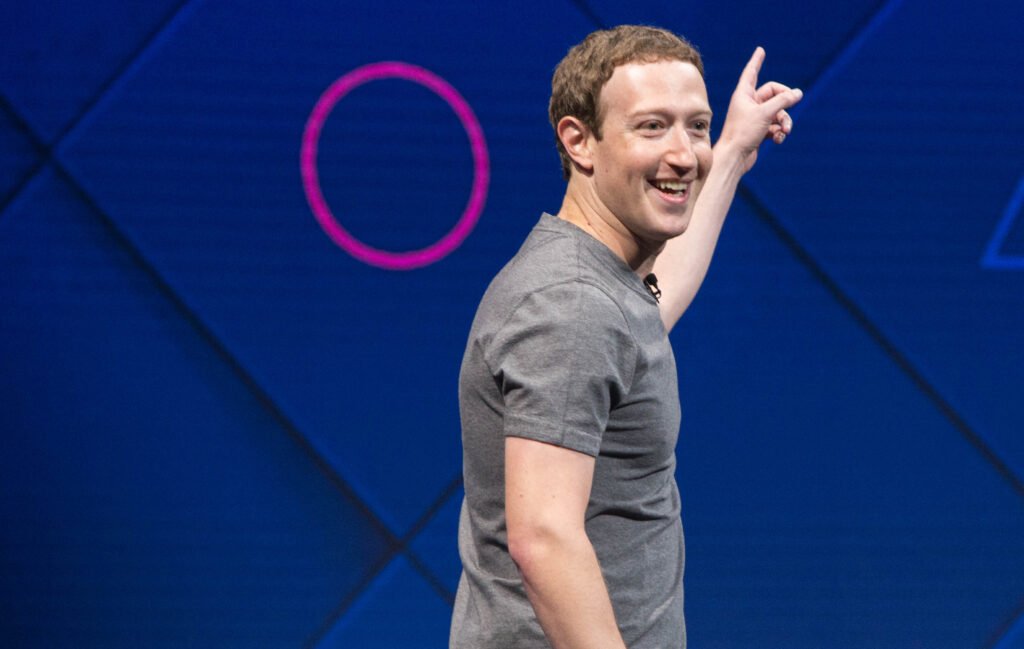
Background on Mark Zuckerberg
Mark Zuckerberg co-founded Facebook in 2004 while attending Harvard University. Under his leadership, the company evolved into Meta Platforms, focusing on creating social experiences beyond traditional social media through technologies like virtual reality. He is consistently ranked among the world’s wealthiest individuals and is known for his philanthropic efforts through the Chan Zuckerberg Initiative, which he co-founded with his wife Priscilla.
Zuckerberg’s recent announcements signal a pivotal moment for Meta as it navigates the complex landscape of social media governance amid changing political dynamics. The changes are expected to alter how users experience content across Facebook, Instagram, and Threads, potentially leading to a wider range of views—including more controversial opinions—in their feeds.
Bolanle Media invites businesses and brands seeking to promote their brand and report news to reach out for innovative media solutions. We offer a range of services, including digital marketing, content creation, event coverage, and social media management, all designed to help brands connect with their target audience effectively. With a strong emphasis on storytelling and social impact, our expertise spans various fields, ensuring your brand’s message resonates. For partnership inquiries, contact us at Hello@bolanlemedia.com.
Business
Harvard Grads Jobless? How AI & Ghost Jobs Broke Hiring

America’s job market is facing an unprecedented crisis—and nowhere is this more painfully obvious than at Harvard, the world’s gold standard for elite education. A stunning 25% of Harvard’s MBA class of 2025 remains unemployed months after graduation, the highest rate recorded in university history. The Ivy League dream has become a harsh wakeup call, and it’s sending shockwaves across the professional landscape.

Jobless at the Top: Why Graduates Can’t Find Work
For decades, a Harvard diploma was considered a golden ticket. Now, graduates send out hundreds of résumés, often from their parents’ homes, only to get ghosted or auto-rejected by machines. Only 30% of all 2025 graduates nationally have found full-time work in their field, and nearly half feel unprepared for the workforce. “Go to college, get a good job“—that promise is slipping away, even for the smartest and most driven.
Tech’s Iron Grip: ATS and AI Gatekeepers
Applicant tracking systems (ATS) and AI algorithms have become ruthless gatekeepers. If a résumé doesn’t perfectly match the keywords or formatting demanded by the bots, it never reaches human eyes. The age of human connection is gone—now, you’re just a data point to be sorted and discarded.
AI screening has gone beyond basic qualifications. New tools “read” for inferred personality and tone, rejecting candidates for reasons they never see. Worse, up to half of online job listings may be fake—created simply to collect résumés, pad company metrics, or fulfill compliance without ever intending to fill the role.
The Experience Trap: Entry-Level Jobs Require Years
It’s not just Harvard grads who are hurting. Entry-level roles demand years of experience, unpaid internships, and portfolios that resemble a seasoned professional, not a fresh graduate. A bachelor’s degree, once the key to entry, is now just the price of admission. Overqualified candidates compete for underpaid jobs, often just to survive.
One Harvard MBA described applying to 1,000 jobs with no results. Companies, inundated by applications, are now so selective that only those who precisely “game the system” have a shot. This has fundamentally flipped the hiring pyramid: enormous demand for experience, shrinking chances for new entrants, and a brutal gauntlet for anyone not perfectly groomed by internships and coaching.
Burnout Before Day One
The cost is more than financial—mental health and optimism are collapsing among the newest generation of workers. Many come out of elite programs and immediately end up in jobs that don’t require degrees, or take positions far below their qualifications just to pay the bills. There’s a sense of burnout before careers even begin, trapping talent in a cycle of exhaustion, frustration, and disillusionment.
Cultural Collapse: From Relationships to Algorithms
What’s really broken? The culture of hiring itself. Companies have traded trust, mentorship, and relationships for metrics, optimizations, and cost-cutting. Managers no longer hire on potential—they rely on machines, rankings, and personality tests that filter out individuality and reward those who play the algorithmic game best.
AI has automated the very entry-level work that used to build careers—research, drafting, and analysis—and erased the first rung of the professional ladder for thousands of new graduates. The result is a workforce filled with people who know how to pass tests, not necessarily solve problems or drive innovation.
The Ghost Job Phenomenon
Up to half of all listings for entry-level jobs may be “ghost jobs”—positions posted online for optics, compliance, or future needs, but never intended for real hiring. This means millions of job seekers spend hours on applications destined for digital purgatory, further fueling exhaustion and cynicism.
Not Lazy—Just Locked Out
Despite the headlines, the new class of unemployed graduates is not lazy or entitled—they are overqualified, underleveraged, and battered by a broken process. Harvard’s brand means less to AI and ATS systems than the right keyword or résumé format. Human judgment has been sidelined; individuality is filtered out.

What’s Next? Back to Human Connection
Unless companies rediscover the value of human potential, mentorship, and relationships, the job search will remain a brutal numbers game—one that even the “best and brightest” struggle to win. The current system doesn’t just hurt workers—it holds companies back from hiring bold, creative talent who don’t fit perfect digital boxes.
Key Facts:
- 25% of Harvard MBAs unemployed, highest on record
- Only 30% of 2025 grads nationwide have jobs in their field
- Nearly half of grads feel unprepared for real work
- Up to 50% of entry-level listings are “ghost jobs”
- AI and ATS have replaced human judgment at most companies
If you’ve felt this struggle—or see it happening around you—share your story in the comments. And make sure to subscribe for more deep dives on the reality of today’s economy and job market.
This is not just a Harvard problem. It’s a sign that America’s job engine is running on empty, and it’s time to reboot—before another generation is locked out.
News
Governments Worldwide Push for Mandatory Digital IDs by 2026

Governments around the world are accelerating their push toward national digital identification systems, promising convenience and security while raising concerns over privacy, surveillance, and government control. By 2026, the European Union will require every member state to implement a national digital identity wallet, and the United Kingdom plans to make digital ID mandatory for the “Right to Work” by the end of its current Parliament.
United Kingdom Leads the Charge
In September 2025, British Prime Minister Keir Starmer announced plans for a free, government-backed digital ID system for all residents. The initiative—temporarily called “BritCard”—will become a mandatory requirement for employment checks, designed to curb illegal migration and simplify access to services such as tax filing, welfare, and driving licenses.
While the government argues that digital ID will make it “simpler to prove who you are” and reduce fraud, civil liberties groups have raised alarms. Big Brother Watch called the plan “wholly un-British,” warning it would “create a domestic mass surveillance infrastructure”.
Officials state the new system will use encryption and biometric authentication, with credentials stored directly on smartphones. For those without smartphones, the plan includes support programs and alternatives.
Europe Mandates a Digital Identity Wallet
Across the European Union, the Digital Identity Wallet—developed under the eIDAS 2.0 Regulation—will become law by 2026, obligating all 27 member states to provide citizens with a secure app that integrates identification, travel, and financial credentials. The European Commission envisions the wallet as a single login for public and private services across borders, from banking to healthcare, using cryptographic protections to ensure data privacy.

United States Expands Mobile IDs
The United States does not have a national digital ID system but is quickly adopting state-level mobile IDs. More than 30 states have launched or are testing digital driver’s licenses stored on phones via Apple Wallet, Google Wallet, or state apps. States such as Louisiana and Arizona already accept mobile IDs for TSA airport checks, and similar legislation is advancing in New Jersey, Pennsylvania, and Georgia.
Meanwhile, private firms like ID.me and CLEAR have enrolled millions of Americans in digital identity programs, often partnering with government agencies and raising questions about data use and inclusion for low-income groups.
Global Adoption and UN Involvement
The trend extends well beyond Western nations. China’s national digital ID, launched in 2025, is connected to its social credit system, combining financial records, travel rights, and online behavior tracking. Singapore, South Korea, Nigeria, and the UAE have each implemented government-backed ID systems that link citizens’ digital credentials to public and private services ranging from taxes to utilities.
The movement aligns with the United Nations’ goal of providing “legal identity for all by 2030,” supported by the World Bank’s ID4D (Identification for Development) initiative, which funds digital identity infrastructure in over 100 countries.
The Promise and the Peril
Proponents argue that digital IDs offer protection against identity fraud, save governments billions in paperwork, and bring roughly one billion undocumented citizens into legal recognition systems globally. Estonia, for instance, saves an estimated 2% of its GDP annually through digitized services, while India’s Aadhaar ID has reduced welfare fraud by $10 billion per year.
However, critics warn that centralizing identity creates unprecedented control risks. Once personal data, biometrics, and financial access are linked, governments could more easily restrict rights or track behavior.
As one analyst put it, the shift may mark “a turning point in the balance of power between citizens, corporations, and the state”.
The global rollout of digital IDs is reshaping the definition of identity itself—raising the question of whether convenience and efficiency come at too high a cost to freedom.
Tech
Massive Global Outage Cripples Major Websites and Online Services
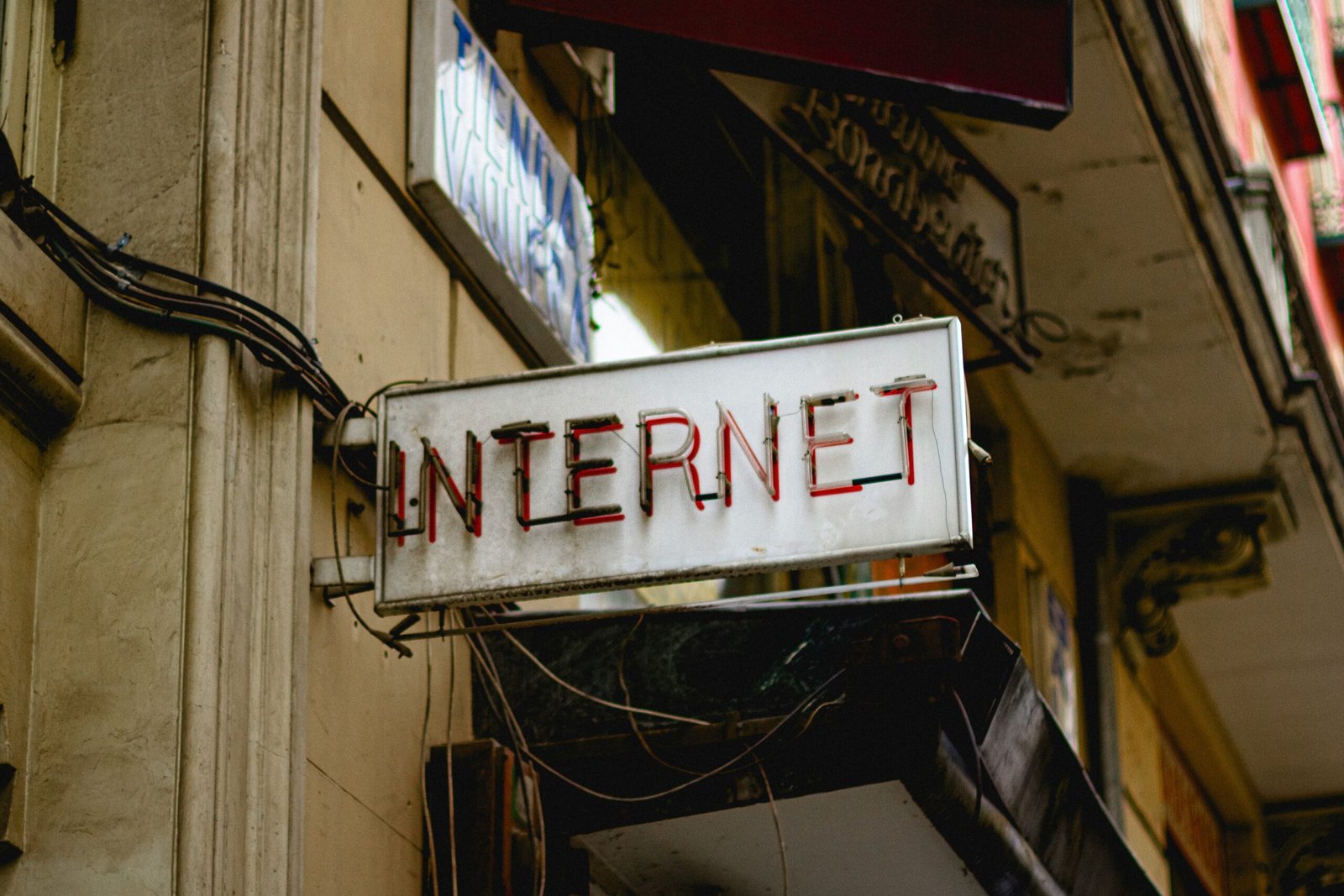
A widespread global outage on Monday disrupted access to thousands of popular websites and digital platforms, sparking confusion and frustration among users worldwide. From social media giants to e-commerce platforms, financial portals, and even news outlets, the internet temporarily went dark for millions of people.
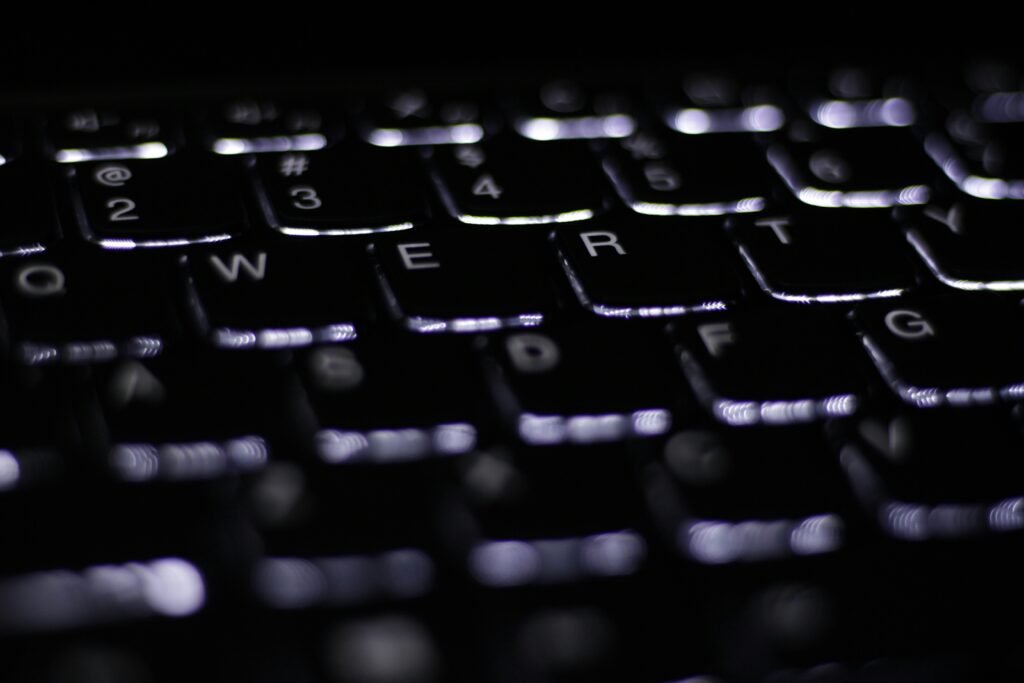
The outage began around 8:00 a.m. CDT, affecting users across North America, Europe, Asia, and parts of Africa. Initial reports suggest the incident may stem from a major disruption in a core internet infrastructure provider — possibly linked to a content delivery network (CDN) failure or a major domain name system (DNS) malfunction.
Major Services Impacted
Websites like Amazon, YouTube, and major news publishers experienced significant downtime, with many displaying server errors or failing to load completely. Streaming services, banking apps, and communication platforms such as Slack and Zoom were also hit, paralyzing workflows and transactions globally.
Companies quickly took to social media to acknowledge the issue. “We’re aware of a widespread internet disruption affecting multiple services and are working urgently to identify the cause,” one major cloud provider said in a statement.
Economic Ripple Effects
Experts warn that even short-term outages on this scale can cause enormous economic damage. “Every minute of downtime for global websites can translate to millions in lost revenue,” said cybersecurity analyst Reuben Chen. “It also highlights how dependent modern systems are on a relatively small number of infrastructure providers.”
Stock market and cryptocurrency trading platforms experienced temporary halts, while travel and logistics companies reported booking delays and communication breakdowns.
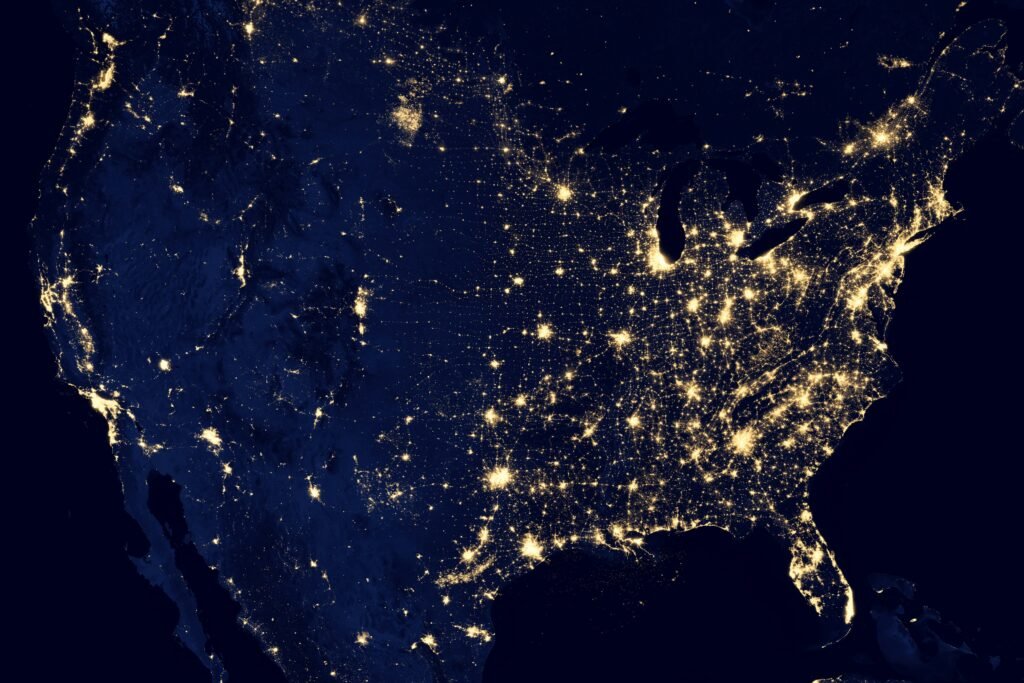
Unfolding Investigation
As of this afternoon, technicians and cybersecurity experts are still tracing the root cause of the outage. Early investigations indicate a possible software update gone wrong, though some analysts have not ruled out a coordinated cyberattack on critical internet backbones.
Government agencies in several countries have initiated inquiries into the disruption’s scope and origin, emphasizing the fragility of global digital networks that power everything from commerce to healthcare.
By late afternoon, services were beginning to recover in phases, though users continued to report intermittent access issues. The incident serves as a stark reminder of the interconnected nature of the internet — and how a single point of failure can send shockwaves through the digital world.

 Advice5 days ago
Advice5 days agoHow to Make Your Indie Film Pay Off Without Losing Half to Distributors

 Entertainment3 weeks ago
Entertainment3 weeks agoWhat the Epstein Files Actually Say About Jay-Z

 Film Industry4 weeks ago
Film Industry4 weeks agoAI Didn’t Steal Your Job. It Revealed Who Actually Does the Work.

 Entertainment3 weeks ago
Entertainment3 weeks agoWhat Epstein’s Guest Lists Mean for Working Filmmakers: Who Do You Stand Next To?

 Business1 week ago
Business1 week agoHow Epstein’s Cash Shaped Artists, Agencies, and Algorithms

 News3 weeks ago
News3 weeks agoCatherine O’Hara: The Comedy Genius Who Taught Us That Character Is Everything

 Film Industry5 days ago
Film Industry5 days agoWhy Burnt-Out Filmmakers Need to Unplug Right Now

 Business2 weeks ago
Business2 weeks agoNew DOJ Files Reveal Naomi Campbell’s Deep Ties to Jeffrey Epstein





















